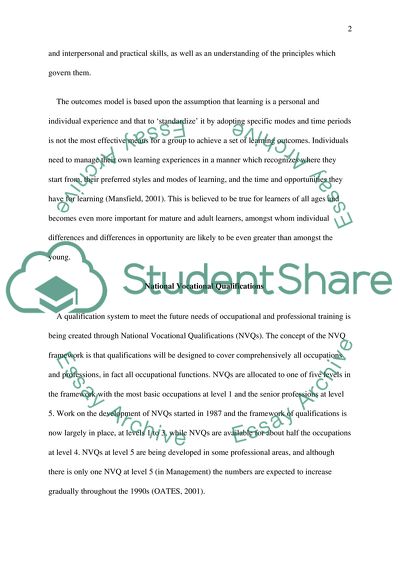Cite this document
(Critically evaluate the ability of Outcomes Based Assessment to Case Study, n.d.)
Critically evaluate the ability of Outcomes Based Assessment to Case Study. https://studentshare.org/education/1702876-critically-evaluate-the-ability-of-outcomes-based-assessment-to-improve-student-learning
Critically evaluate the ability of Outcomes Based Assessment to Case Study. https://studentshare.org/education/1702876-critically-evaluate-the-ability-of-outcomes-based-assessment-to-improve-student-learning
(Critically Evaluate the Ability of Outcomes Based Assessment to Case Study)
Critically Evaluate the Ability of Outcomes Based Assessment to Case Study. https://studentshare.org/education/1702876-critically-evaluate-the-ability-of-outcomes-based-assessment-to-improve-student-learning.
Critically Evaluate the Ability of Outcomes Based Assessment to Case Study. https://studentshare.org/education/1702876-critically-evaluate-the-ability-of-outcomes-based-assessment-to-improve-student-learning.
“Critically Evaluate the Ability of Outcomes Based Assessment to Case Study”. https://studentshare.org/education/1702876-critically-evaluate-the-ability-of-outcomes-based-assessment-to-improve-student-learning.


